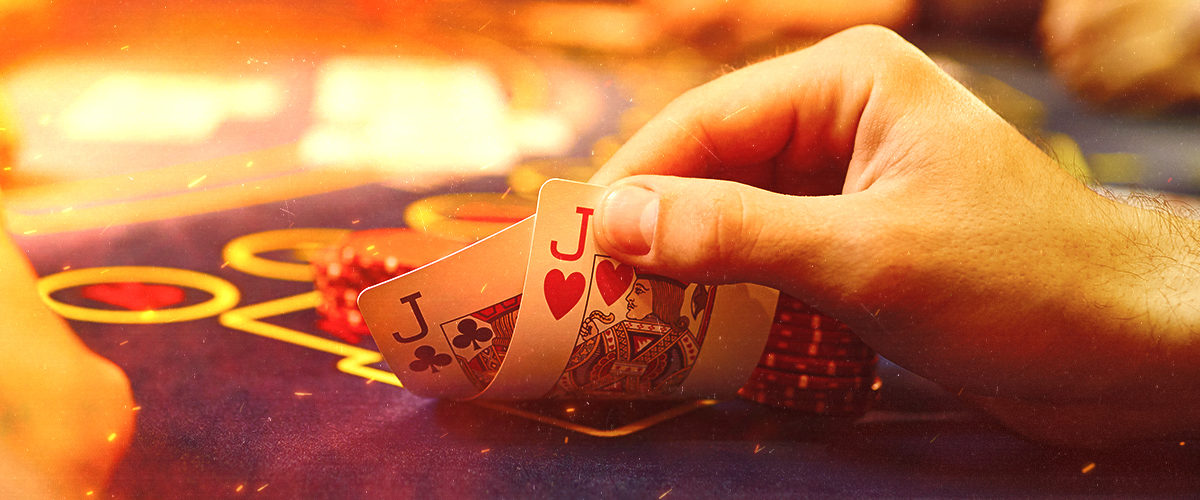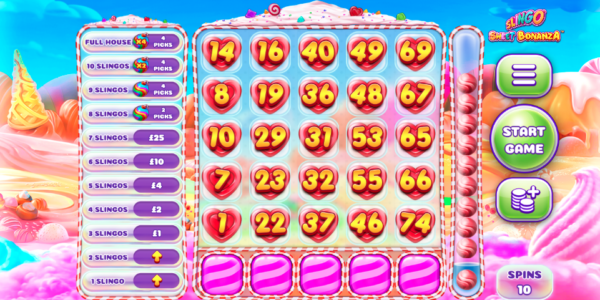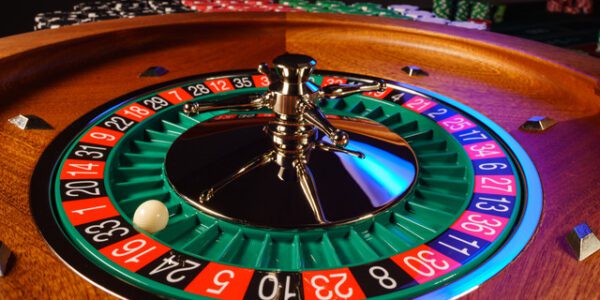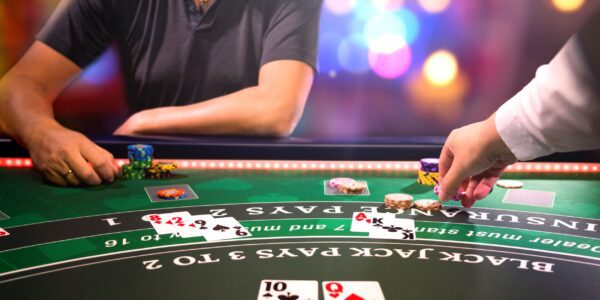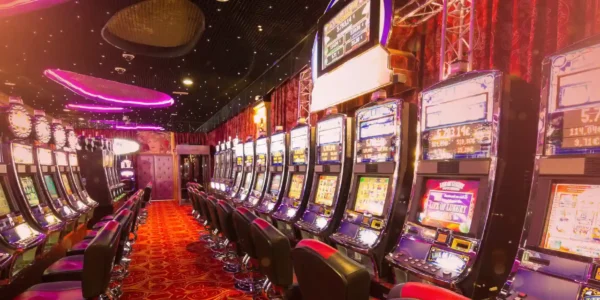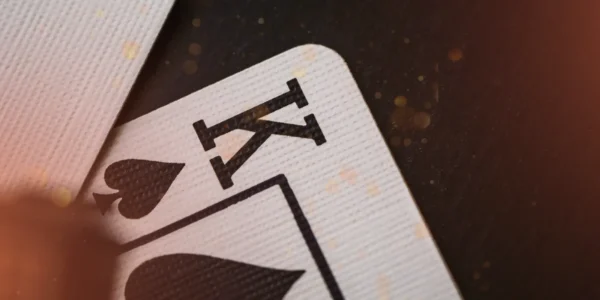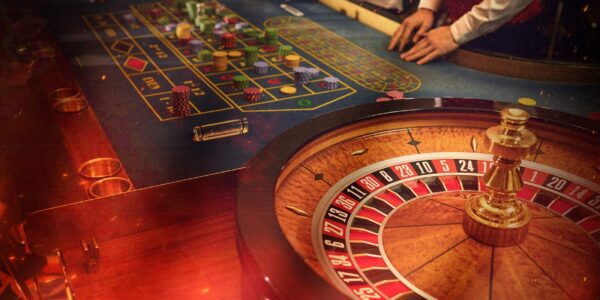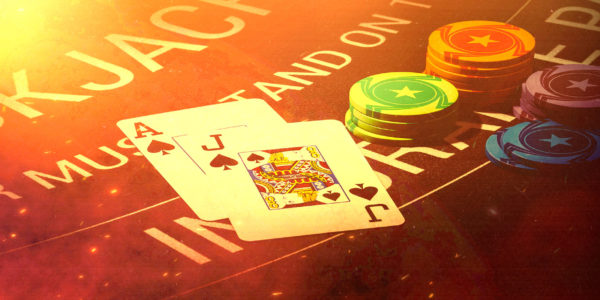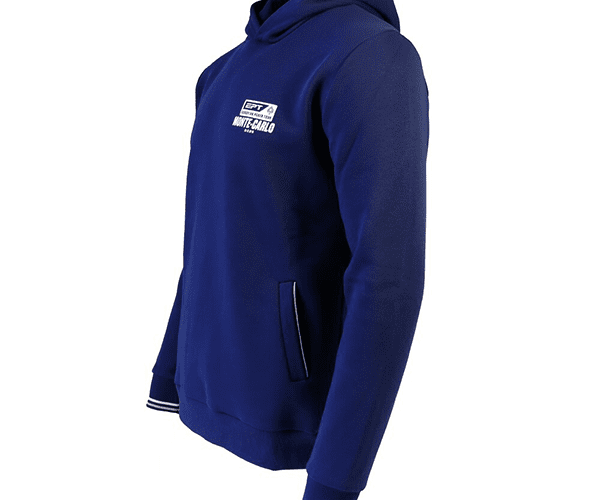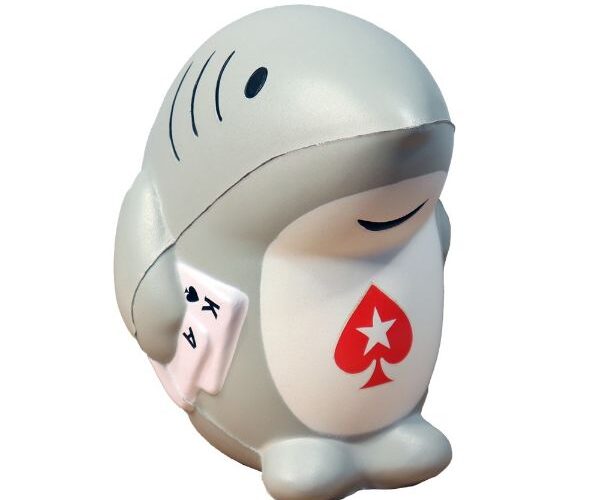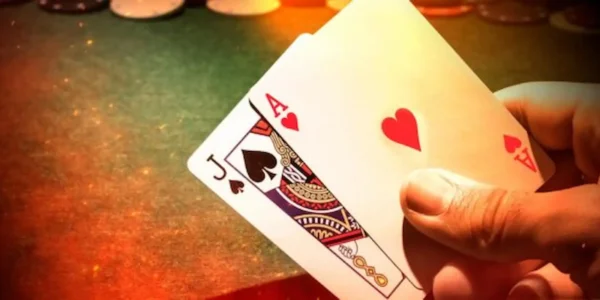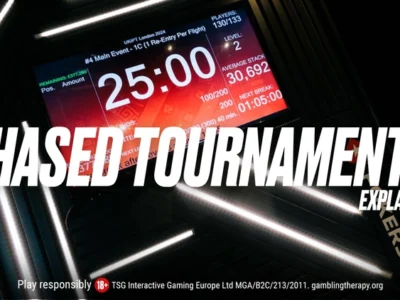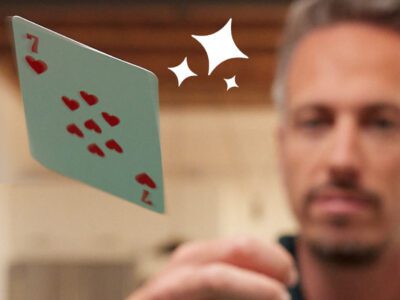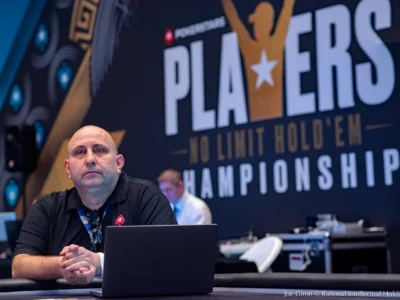How Hit or Stand Works in Blackjack
Having a good understanding around when it’s statistically more convenient to hit and when to stand is important for a blackjack player.
At first glance, it may seem that there is no rhyme or reason at all as to when a player should stick with the hand they have been dealt, but on closer inspection, there are lots of probabilities and equations to solve in order to try and make the best possible decision.
Here we take a look at various eventualities that can occur at the blackjack table, and analyse whether the statistics are in favour of players declaring “hit” or “stand” when the dealer asks how they would like to proceed.
Blackjack Basics provide a Wide Variety of Possible Moves
The first thing all players should note is that when they are dealt two opening cards with a combined value of 17-20 and no ace, then it could be best to stand. In this situation, asking for another card is more likely to have the player go bust rather than improve. In the case of being presented with a 9-9, the player can also choose to split and form 2 good hands. If their opening hand equals 8 or less, hitting provides the best odds.
This means that the most important number totals to focus on are those from 9 to 16, with the decision of whether to hit or stand often reliant on what initial card the dealer has been dealt. For example: if the dealer has a 7 or above in pocket and the player has 9-16, then the player is advised to hit. This will avoid the player being outgunned when the dealer’s second card comes down.
Something that can also alter whether a player should hit or stand is if they are dealt what is known as a “soft” hand or a “hard” hand. “Soft” refers to a hand that features a regular card accompanied by an ace. Hands such as these have more options for people to hit. For example: an ace and a five dealt together can either add up to 6 or 16 depending on whether the player that holds them wishes to hit or stand. “Hard” hands have no aces, meaning there is no option of changing the way they add up.
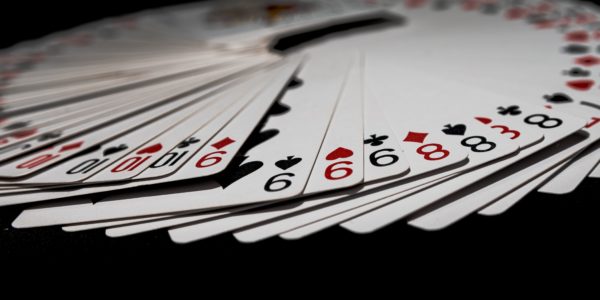
Asking the dealer for a hit or to stand is key to the game of blackjack
Doubling Down and Splitting in Blackjack
Another move that should also be considered is whether to double down a bet. This is commonly used when a player has a particularly strong opening hand such as a 9 or a 10. There is a good chance that this hand is improved by receiving one extra card, so a player might want to wager on it.
There is also the option of a player splitting two cards of equal value. This is most commonly done with aces as it gives a player two chances to reach the magic number 21. Once the aces have been split the player in question must call “hit” for their two hands rather than just one. Conversely to aces, cards with the value of 20 are usually not split, as it will always be tough for a player to improve on 20 as a final total.

